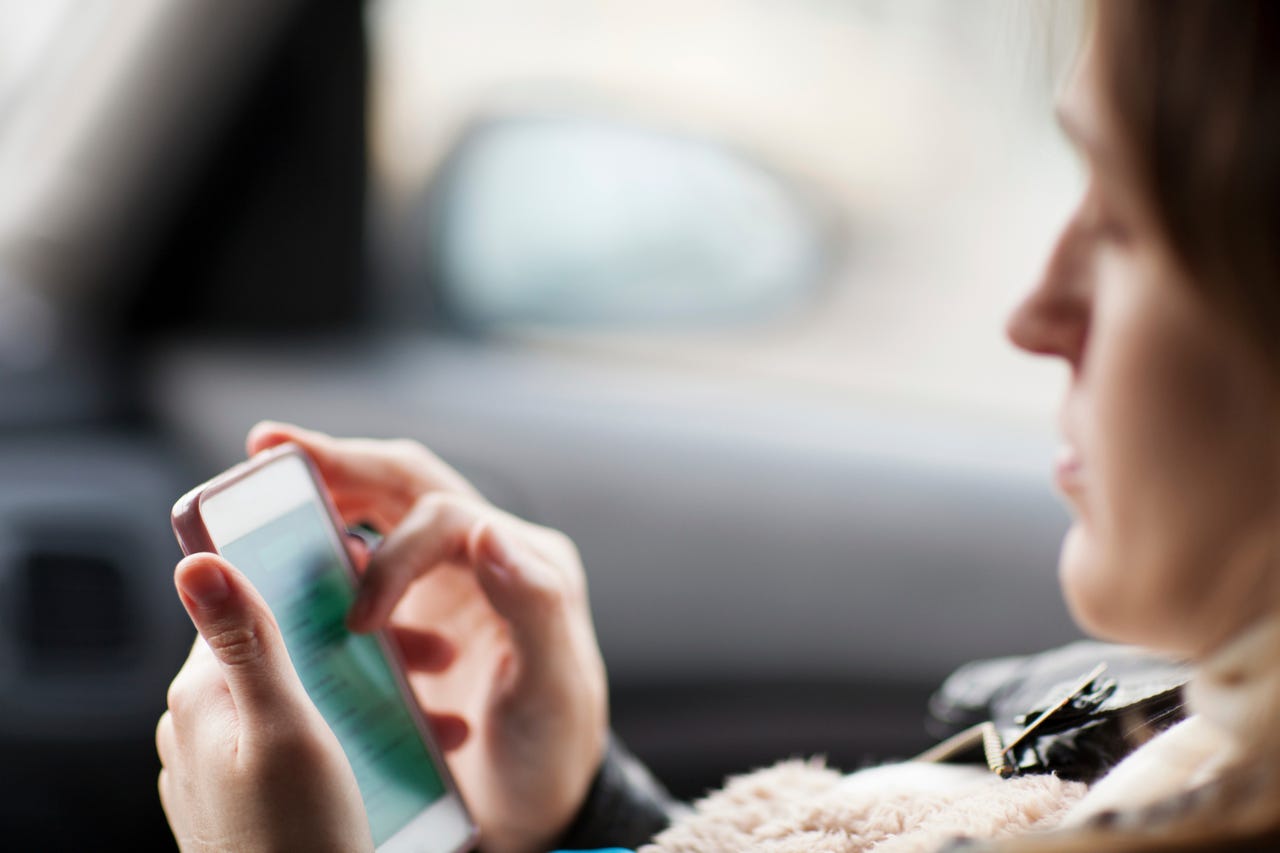Microsoft, Renault-Nissan want to stop you getting bored in your driverless car


Microsoft and Renault-Nissan say their in-car productivity tools will make it "easier for people to stay connected to work, entertainment, and social networks".
Microsoft and carmaker Renault-Nissan are working on connected car services, including in-car productivity tools, powered by the cloud.
The companies said the services will include navigation, predictive maintenance, and vehicle-centric services, remote monitoring of car features, and over-the-air updates using Microsoft's Azure.
Renault-Nissan plans to launch at least 10 vehicles with autonomous driving technology by 2020 -- and wants these services to help passengers fill their newfound in-car free time.
It said these will include applications "that make it easier for people to stay connected to work, entertainment, and social networks", as well as systems for remote access, remote diagnostics, and preventive maintenance for vehicles.
Microsoft Azure provides the car maker with a cloud platform from which to deliver services worldwide, the companies said. Azure supports multiple operating systems, programming languages, and tools that Renault-Nissan needs to deploy services.
The new services will, for example, allow customers to personalize their settings, with the option of transferring those settings from one car to another. This ability could allow the car to offer different route suggestions based on individual needs.
Renault-Nissan said the technology would help in "transforming the daily commute into a productive experience", something that those who consider their commute to be a temporary reprieve from the demands of the office may not welcome.
The companies said the ability to deliver over-the-air updates will allow customers to access the most recent applications for their vehicles, rather than having to visit a garage for updates.
The firms are also working on making it possible for car owners to monitor their vehicle through their mobile phone or laptop, or to transfer control to a friend or relative who needs their car -- without transferring physical keys. They can also use a mobile application that helps them find the car, to trigger remote charging and preconditioning, and to lock and unlock the car.
Geofencing will also enable apps to send notifications if the car enters or exits a predefined area or route.
More on driverless cars
- Here's how connected cars will create and share real-time driving data
- Why the connected car is one of this generation's biggest security risks
- Ransomware's next target: Your car and your home
- Nuance taps HERE maps to bolster connected car platform
- CNET: One map to rule them all, it's Here
- TechRepublic: 10 companies hiring people to work on driverless cars